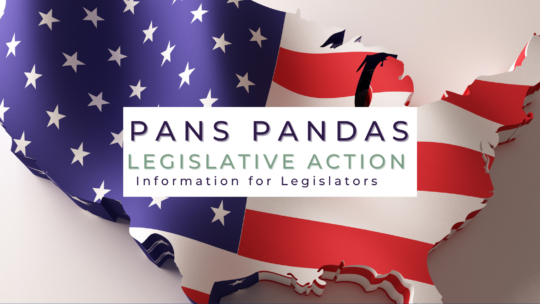
Legislative Action: Information for Legislators Toolkit
Download Toolkit Legislative Action: Information for Legislators Toolkit Download ASPIRE’s PANS/PANDAS Legislative Action: Information for Legislators Toolkit. This Legislative Toolkit...

Download Toolkit Legislative Action: Information for Legislators Toolkit Download ASPIRE’s PANS/PANDAS Legislative Action: Information for Legislators Toolkit. This Legislative Toolkit...

Start the Legislative Process Are you interested in starting the legislative process in your state? Meet with the ASPIRE Legislative Working Group (ALWG) to help you get started. Your voice...

ASPIRE is working to support national efforts to pass legislation requiring insurance coverage for the treatment of PANS and PANDAS. By sharing your story and keeping the conversation clear,...

Louisiana PANS PANDAS Action The Louisiana PANS PANDAS Action Committee (LPPA) is a newly formed group that is leading the charge for legislative change in the state to support those...
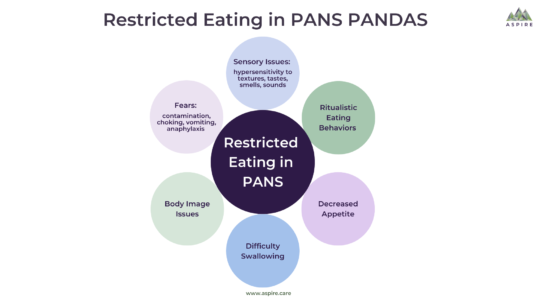
PANS PANDAS & Eating Disorders/Food Restrictions – Full Packet of Recent studies and Flyer. Please note that the Flyer is also available in two poster sizes...

Nutrition is vital for kids with PANS/PANDAS, conditions tied to OCD and infections like strep that disrupt eating habits, causing nutrient deficiencies and gut issues. Registered Dietitians (RDs)...

PANS or PANDAS refers to what some doctors call Pediatric Autoimmune Neuropsychiatric Disorders Associated with Streptococcal Infections. It’s an often misunderstood and misdiagnosed disease that...
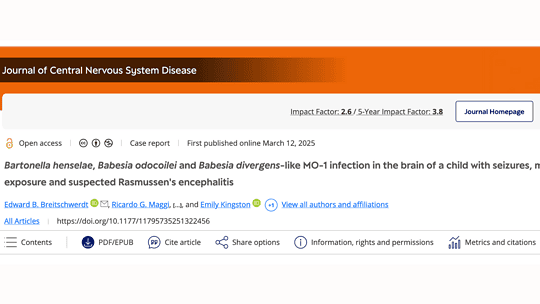
Imagine a child suffering from seizures, only to discover years later that the cause might be tied to a cat scratch and an insect bite. A groundbreaking case study from North Carolina State...
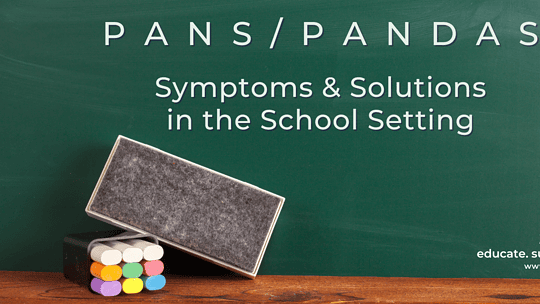
Students with PANS/PANDAS have complex cognitive, behavioral, physical & neurological symptoms that affect their school performance. The school's multidisciplinary team benefits from an awareness of...
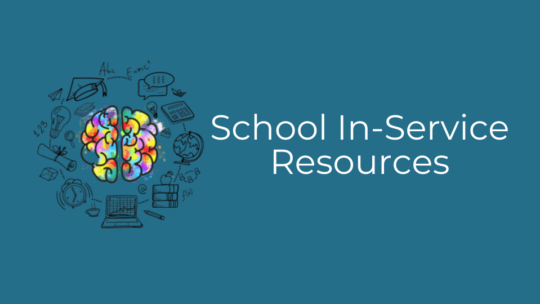
Thank you for your interest in PANS/PANDAS and for taking the time to learn more. Whether you attended a live ASPIRE in-service or watched an on-demand session, we appreciate your...
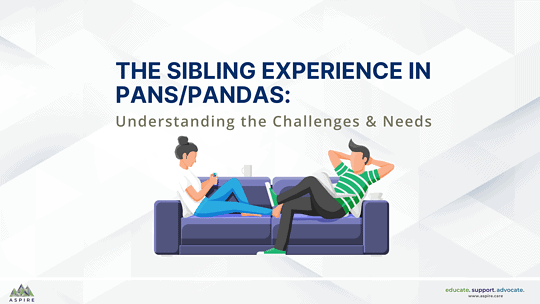
Living with a sibling affected by PANS profoundly impacts well-being—fear of outbursts, limited social opportunities, and the isolation of not having the words or knowledge to explain the...